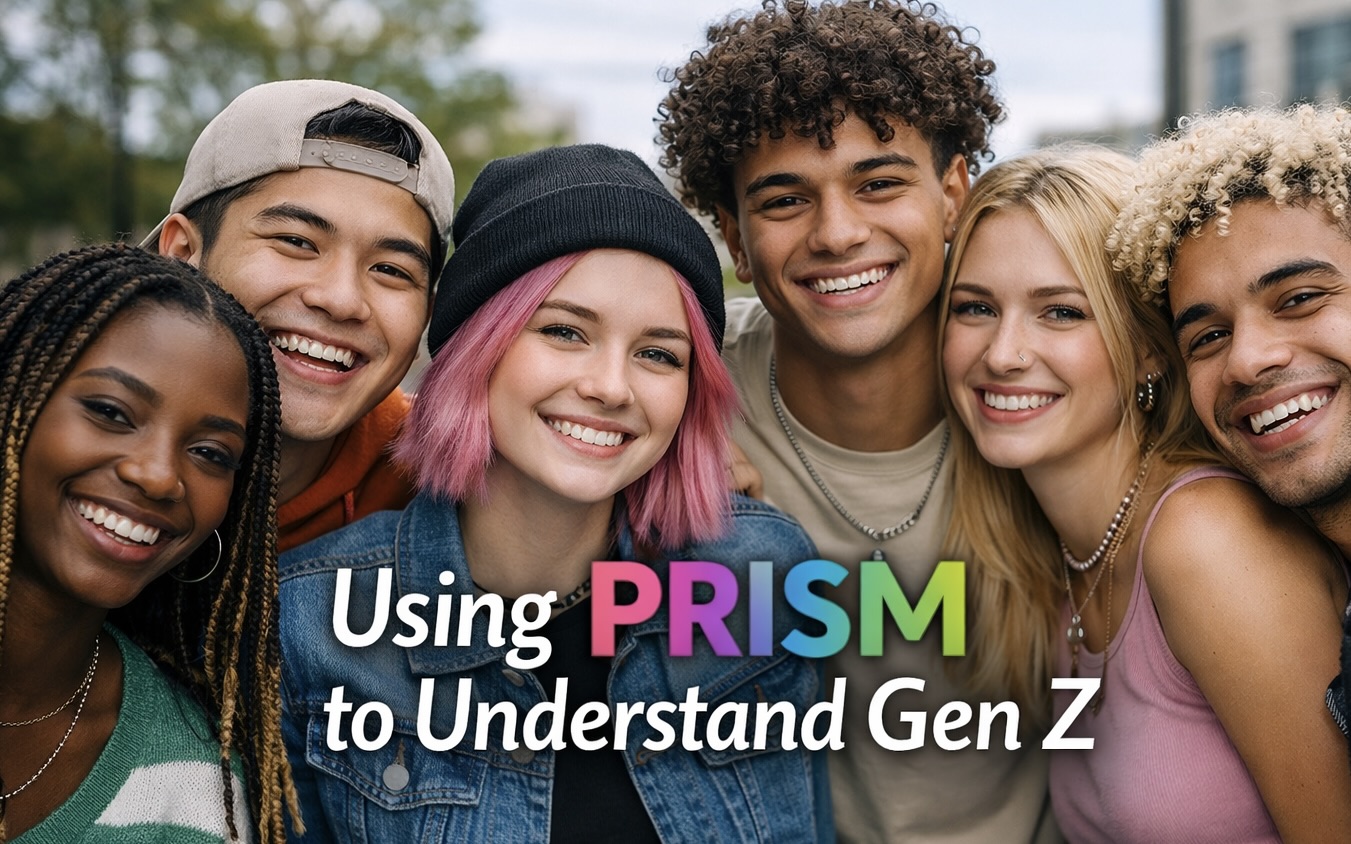Last week I was at Indeed to speak to a group of black IT professionals about how to use cultural intelligence when trying to find their dream jobs. It’s one of those times when I was very aware of a question I’m often asked: “Isn’t it a little awkward talking about the topics of cultural intelligence and diversity as a white guy?”
It’s a fair question. Some of the things that emerge from our research and work are primarily theoretical concepts to me. I rarely worry about how my kids will be treated when they walk out the door. I never wonder if I was invited to speak somewhere so I can add a little diversity to the lineup of speakers. But I still have something to offer the conversation and so do you.
We’re never going to address the challenges of nationalism, cultural misunderstandings, and discrimination unless we all speak up. There are things I can contribute to the conversation that stem from my research and experiences. And there are things we need to hear firsthand from those who are often misrepresented or marginalized.
These realities were foremost in my mind as I thought about what to say to my colleagues of color at this recent gathering put on by Indeed, the number one job site in the world. Particularly in the world of tech, companies are chasing diverse candidates. But how can those candidates use CQ to help them find the kind of employer who will include their diverse perspectives as a critical part of their strategy rather than using them to up their diversity counts?
Questions to Assess an Employer’s CQ
I offered the following suggestions to my colleagues of color. I organized these around the four CQ capabilities with recommended questions for the job candidates to ask themselves and questions to ask their prospective employers.
- CQ Drive: Your interest, persistence, and confidence during multicultural interactions
Ask Yourself: How can I leverage my ability to code-switch?
Although under-represented groups don’t automatically have higher CQ, most bring a lifetime of experience code-switching—learning how to change the way they speak and act based on the culture/s involved. Understandably, some people of color resist the admonition to develop CQ. After all—they’re expected to be the ones adapting all the time and isn’t it time someone else did so? But consider how the ability to code-switch is a tremendous advantage. If you’re from an under-represented group, you can leverage this skill you’ve been developing all your life as an advantage to your career. In a world of mounting artificial intelligence, the ability to code-switch will set you apart.
Ask Employer: What are the characteristics of team members who are most difficult for you to manage?
Don’t ask whether your prospective employer is committed to diversity. Of course they’ll say yes to that, particularly when talking with someone who looks like you! But ask what characteristics are most difficult for them to deal with. Then ask them the reverse: What are the characteristics of team members who are easiest for you to manage? Pay attention to whether they primarily describe people like themselves and you’ll gain insight into their interest in adjusting to different cultures (CQ Drive).
And be sure to stalk your prospective boss on Facebook, Twitter, LinkedIn etc.
How diverse are their social networks? Do they only follow people who look like and agree with them? Or is it hard to tell their political bent based on the diversity of people they follow?
- CQ Knowledge: Your understanding of how cultures are similar and different
Ask Yourself: What do I know about the markets served by this company?
No job candidate can be expected to know the ins and outs of every culture. But take the time to see what key markets exist among the company’s customers. Even if you have limited direct experience working with many of those cultures, the cultural values of your own background may be much more similar to the cultures of these markets than what is true for other job candidates. For example, African Americans and Latinos place much greater importance on extended families and their communities than most Caucasians do. That means many African Americans and Latinos operate from a cultural value that is shared by 70% of the world (“collectivism”).
Ask Employer: What kinds of differences exist across the markets you serve?
Likewise, no boss can be expected to understand every culture either. But look for whether they have something more than a cursory understanding of cultural similarities and differences. For example, if your interviewer tells you that they design for Latino users differently than Caucasian ones, press further. How does that design further change when programming for a Brazilian user as compared to a Mexican one?
- CQ Strategy: Your awareness and ability to plan for multicultural interactions.
Ask Yourself: How can I accurately identify biases without rushing to judgment?
When people of color are told that they’re “incredibly articulate” or have an “impressive resume” that’s often a signal that an interviewer is biased, and they may well be. But before you immediately assume your interviewer is making a biased statement, seek some additional information to test this further. Beware of confirmation bias in yourself as well as others—the tendency to look for and favor information that confirms what you already thought.
Ask Employer: Tell me about a project you managed that was different as a result of the diverse skill sets and perspectives involved?
Job candidates are advised to share concrete, specific examples rather than vague ones. Expect the same from your prospective boss and colleagues. Don’t settle for empty platitudes about the value of having a diverse team. How? What specifically has been different about an innovation or project because there were diverse people involved in the project?
- CQ Action: Your ability to adapt when relating and working interculturally.
Ask Yourself: When should I adapt? Not adapt?
This is a tough one. Should an African American woman straighten her hair just to be “perceived” as more professional? Should you change your tone so others don’t interpret your communication as angry or militant? Each individual has to wrestle with what it means to remain true to one’s self while adapting just enough to be appropriate and respectful. And here’s where being a white guy can be a limiting factor because so many places I travel—even across the globe—people are quick to accommodate to my preferences. But it’s important for all of us to consider when adapting to others is a smart, strategic way to ensure our intentions are understood and when doing so is selling out. Find mentors to guide you through this discernment process.
Ask Employer: Whom have you promoted recently?
Don’t simply ask your prospective boss how they adapt their management style for people from different cultures. You have to be more coy than that. I recommend asking something more like the above question. The individuals they have promoted tell you something about what they value. Or you can ask them the reverse: Tell me about someone you hired that didn’t work out. Why? Listen for language like “She wasn’t a good fit.” “Fit” is often code for “She didn’t act like the rest of us.”
I’m well aware of my limitations in talking about how cultural intelligence applies to people of color. But I refuse to be a silent bystander and I’m continuing to learn what it means to be an ally.
Next month, we turn the tables and my colleague and friend, Dr. Sandra Upton will share “A Black Woman’s Advice to White Professionals.”



